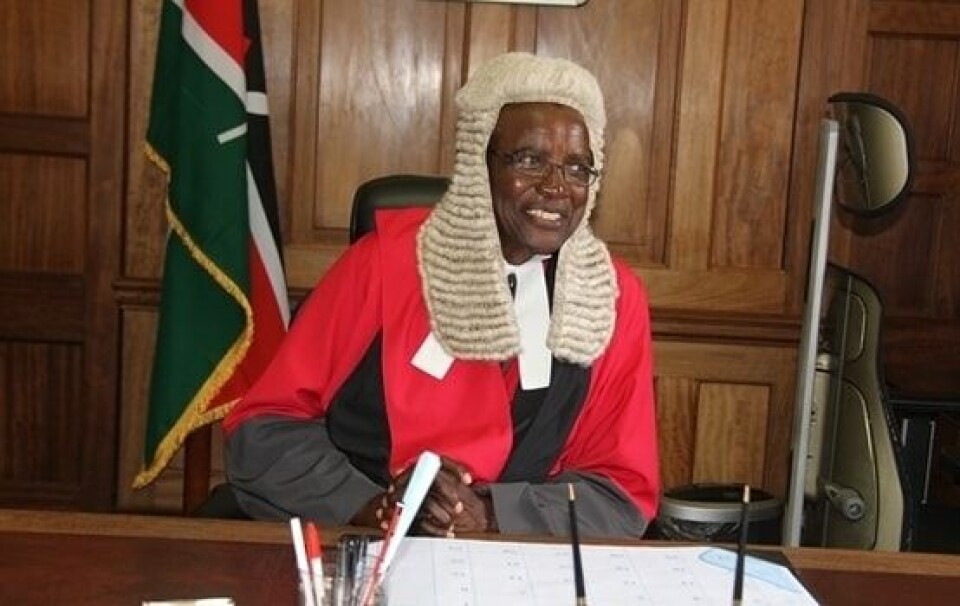Despite digital technology being regarded as a key driver in ensuring future prosperity, moving the judiciary into the information age has been slow. However, in light of the pandemic, a digital revolution that shapes the future of access to justice in Kenya is imminent.
Plans are underway to upscale services as a section of lawyers and judges want courts reopened to reduce case backlogs. This is despite a rising number of Covid-19 infections in the East African nation.
The judiciary shut down courts shortly after the first case was reported on March 12, 2020 and, thereafter, Chief Justice, David Maraga, gazetted the Practice Directions on Electronic Case Management.
While the lockdown has reduced physical appearances in the courts, some hearings have been held in open spaces adhering to Ministry of Health and World Health Organisation guidelines, but still intensifying the need for proper implementation of technology.
Dr Mercy Ndeche, vice-chair of the Judicial Service Commission, the governing body of the Kenya Judiciary, said interactions with prisons, older judges and people with pre-existing conditions, meant the current way of doing things had to be rethought.
“Current global discussions intimate that Covid-19 is here to stay, we have no option but to get technology right.”
About 90% of Kenya’s courts are connected to the internet and have Wi-Fi (a previous upgrade cost Sh40million (£300,000)). However, since 2017, the project has stalled. A report done in 2012/2013 indicated that Sh194 million (£1,5m) had been spent on ICT with 125 out of 139 stations equipped.
Justice Isaac Lenaola, a judge at the Kenya Supreme Court, says the Supreme Court has been “way ahead” in the use of technology owing to its smaller size and having fewer judges, unlike the Milimani Law courts in Nairobi that have a footfall of about 5000 people a day.
“The Kenya Supreme Court has few self-representing litigants and fewer judges, therefore acceptability was not a challenge. We tested Zoom – and, after the embarrassing security incident with Zoom in South Africa (when a recent virtual meeting of parliament was hacked and flooded with pornography), we understood the challenges, but then shifted to Microsoft Teams. However, without proper connectivity, which remains a huge problem in Kenya, we will continue to hear things like, ‘My Lord, can you hear me? My brother, can you hear me?” says Justice Lenaola.
The judiciary has grappled with endemic problems over time and struggles with case backlogs, which technology offers a huge promise to solve. Chief Justice Maraga recently announced a total of 8,000 judgments delivered through technology since lockdown. Almost 70 ICT officers have been deployed to support the judiciary as well as plans to set up cyber booths to help litigants access justice.
With the drums to get back to work beating louder, Dr. Ndeche adds, “We’re looking forward to (our) physical return and the upscale of services, we must streamline and institutionalise best practices of technology and urge our colleagues here in Kenya to be innovative.”
To join Africa Legal's mailing list please click here

